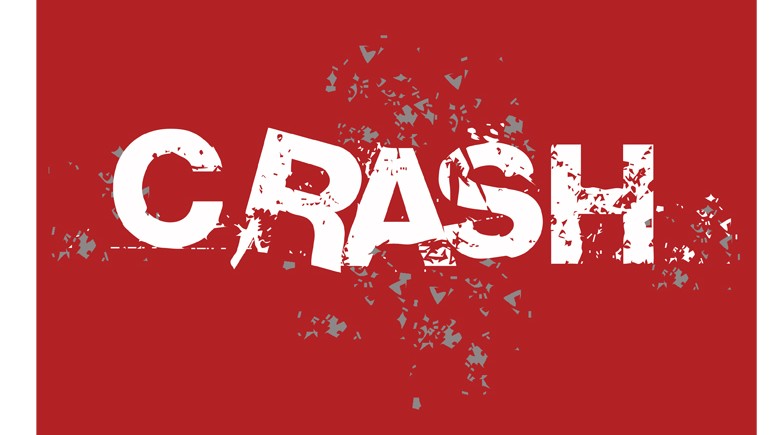
Brace for Impact – 7 Signs Your Career is Crashing
Remember the feeling you had when you graduated college? At that moment, you’re on Cloud 9 ready to soar. It’s a rush – the euphoria of “there’s no stopping me now.” No where to go but up, right? That is, until there isn’t. Is it that you’ve simply hit a head-wind or have the engines stopped and your career is crashing?
As humans, we often try to rationalize why we aren’t happy in our jobs. We try to justify our feelings by saying things like:
- As soon as this project is complete, it will get better.
- Things will improve if I just work harder.
- I just need a vacation.
- I’ll get the next promotion – all will be OK.
The Three E’s
The early years of our career are focused on “The Three E’s – Education, Experience, Exposure.” These create the foundation on which our career is built. The better, stronger and more varied our “Three E’s” are, the better, stronger and more varied our career opportunities.
Each of us are the drivers of our career. We must continually learn, self-evaluate and redirect. That’s not to say, however, that the employer has no responsibility in an employee’s professional development, experience and career growth. Ask me if a happy wife makes for a happy life and I’ll tell you yes. Just as a happy employee makes for happy clients. It’s mutually beneficial.
As the pilot of our professional life – it’s necessary to recognize the warning signs of a career nose-dive.
7 Signs Your Career is Crashing
- You’re bored. Days blur. Your job offers no challenge. There’s no professional development.
- The firm isn’t growing. There is no big-picture perspective or vision for the future.
- Promotions are rare. Outsiders are hired for key positions rather than promoting from within.
- Stagnant staff. The team has been in place forever – no upward opportunity.
- You’re not recognized. You have no say, no value, your boss does not compliment your work or ask for your input.
- You don’t want your boss’s job. You don’t like or value the next step on the ladder at the firm.
- The office is a pressure-cooker. Tight deadlines, overwhelming work, relentless hours and no commensurate pay increase.
Once you see – and acknowledge – the warning signs, it’s important to assess the situation. Don’t jump blindly into another job. Is there a way to improve your current situation or do you need to change course?
The Assessment Process
- Use Brain Power. Take time to mentally process all aspects of your job.
- Make a List. Pros vs. cons. Likes vs. dislikes. Seeing things in writing provides a clearer picture.
- Take a career-assessment test. There are any number of diagnostic tools at your disposal to help determine where to go from here. One great resource is The Pathfinder by Nicholas Lore.
- Rate your Happiness. Just how unhappy are you? Rate it on a scale of 1 – 10. Giving it a number will help define your level of dissatisfaction.
- Clarify your Goals. Goals often change. Create a list of your goals. Have they changed? How?
- Get Feedback. Family and friends often see what you don’t. They may have noticed signs of unhappiness well before you did.
What Next?
- Plot a Course. If where you are isn’t where you want to be, where is it that you want to be?
- Measure Your Career Skills Gap. With your ideal position in mind, analyze if the skills and experience you currently have meet the requirements of the job you want. How do you do that? Read: Do You Have What It Take? A Career Gap Analysis for Accountants.
- Get Yourself Out There. Attend professional association events. Invite a colleague to lunch. Volunteer. And don’t overlook school functions, sporting events and other group gatherings as networking opportunities. If you goal is to relocate, look for on-line networking resources in your target city.
- Look and Listen. Actively seek a new position. Use the web. Check sites like: CareerBuilder and Monster. Engage a recruiter as a partner in your search. Recruiters often have the inside track on positions. At SterlingFreeman, we have more than 7,000 public accounting firms and Managing Partners in our deep network. We work to find a candidate’s ideal job in their ideal location – many of which are never advertised.
- Don’t Quit Your Day Job. Remain focused on your current job while pursuing your next step. Don’t slack off and don’t burn bridges. You never know when you might cross paths again with your current co-workers and managers. You also don’t want to be fired during your job search. Hiring partners will want to know why.
If the warning lights are on, don’t ignore them. No one is going to rescue you – but you.
As a career coach and public accounting recruiter, I help professionals navigate their careers. Connect with me on LinkedIn.
